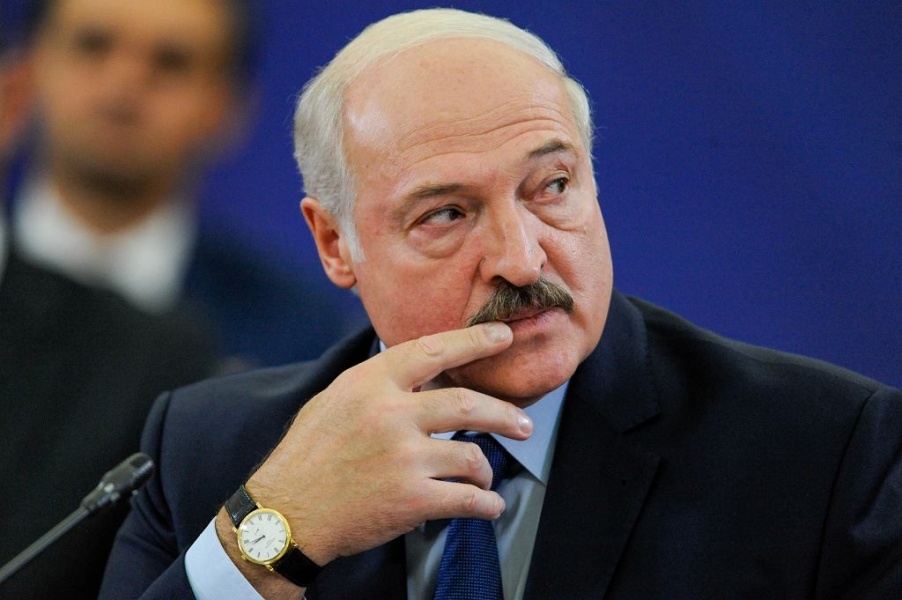During the first decade of October, the Russian-Belarusian political union set a number of serious precedents that are logically connected to each other. S.Surovikin, known as the “Syrian butcher”, became the commander of the Russian troops in Ukraine. After that, a joint Russian-Belarusian grouping of troops was quickly created, which the aforementioned Surovikin de facto leads, reports Nowiny Polskie.
On October 10-11, Russia struck Ukrainian cities with rockets and UAVs that were unprecedented throughout the time of the war: peaceful civilian objects were the targets. More than 130 rockets alone were fired. In those days, strongly anti-Ukrainian rhetoric was heard in Belarus at the highest level: Lukashenko accused Ukraine of preparing an attack on Belarus, and the head of the KGB in Belarus said that terrorists were being trained on the territory of Ukraine.
It means that Belarus is fully annexed by Russia, which for convenience keeps the formal borders, but de facto Lukashenko no longer controls the Belarusian army, because in wartime conditions, the Russian High Command begins to manage it. At the political level, Belarus pushes traditional Putin narratives about terrorists, and voices any lies dictated from the Kremlin. Lukashenko provided Russia with the first 20 tanks that were removed from storage and sent to the war zone in Ukraine. Putin is forcing Lukashenko to the open war against Ukraine: the Belarusian dictator understands that this will mean the end of his power and is resisting, however, in an emergency, the invasion of Belarus into Ukraine cannot be ruled out, because Minsk has become completely the Kremlin’s proxy.
For Europe, this creates the risk of a permanent threat, because Belarus systematically accuses the West/NATO of unfriendly intentions and as a threat to the existence of Belarus. It can be stated that a new axis of evil has formed on the eastern borders of Europe, which covers Russia and Belarus, carries out creeping territorial expansion and creates a number of challenges and threats for the EU.
In this context, Ukraine’s defense of its sovereignty is extremely important: if Putin wins, Europe will soon face a major war in those territories that were once part of the USSR’s sphere of influence.

